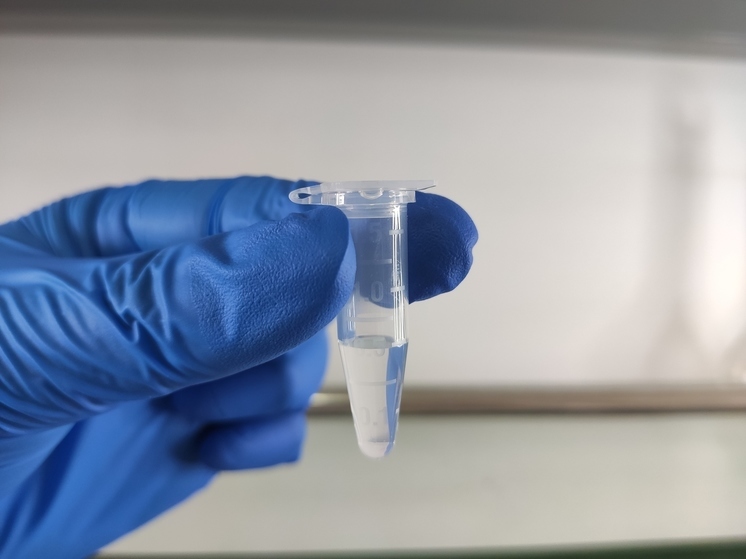Breakthrough offers hope for taming dreaded disease
Scientists have made a discovery in DNA that could help treat pancreatic cancer. There is hope for new treatments after researchers discovered that the disease is spreading by disabling molecules in key genes.

Researchers have made an important discovery in the field of DNA that could help treat one of the deadliest types of cancer, writes The Guardian.
A team of researchers from the UK and US has discovered that pancreatic cancer can block molecules of one of the body's most important genes, promoting the rapid growth and spread of the disease.
Pancreatic cancer is the 12th most common cancer worldwide, with more than half a million people diagnosed each year. It has the lowest survival rates of any of the most common forms of the disease, The Guardian reports.
The deadly nature of pancreatic cancer has baffled experts for years, but this breakthrough offers hope of finding a treatment that could wipe out the disease.
Dr Maria Hatziapostolou, from the John van Geest Cancer Research Center at Nottingham Trent University, said: «This work, which has provided new insights into how cancer behaves, will hopefully help pave the way for potential new treatments in the future.»
She added: “Pancreatic cancer has the lowest survival rate of all 20 common cancers. Survival rates for patients over five years of age have improved very little for some time, and so it is critical that we find new ways to better understand this disease, how it spreads and why it is so aggressive.
Pancreatic cancer is commonly diagnosed at an advanced stage, when treatment options become limited and more than half of patients die within three months of diagnosis. Famous people who have died from this disease include Alan Rickman, John Hurt, Steve Jobs and Patrick Swayze.
For the study, published in the journal Gastro Hep Advances, the researchers analyzed samples of healthy tissue as well as samples of tissue affected by pancreatic cancer. They found that pancreatic cancer triggers a process known as DNA methylation, causing molecules in the normally beneficial HNF4A gene to be turned off, allowing tumors to grow extremely quickly.
The HNF4A gene is critical to human health because it helps many organs in the body function properly. But researchers have found that pancreatic cancer can silently neutralize the beneficial properties of this gene.
Maria Hatziapostolou says: “The loss of HNF4A leads to the development of pancreatic cancer and its aggressiveness, and we now know that this correlates with low patient survival.
Scientists from the University of Nottingham, Stanford University, the University of California and Cedars-Sinai Medical Center in Los Angeles also took part in the project.
Dr Chris McDonald, research director at Pancreatic Cancer UK, which funded the study, said: “We desperately need gentler, more effective treatments for pancreatic cancer. Most cases of pancreatic cancer are diagnosed at an advanced stage, with 80% of cases being discovered only after the disease has spread and become inoperable.
This is reflected in the low survival rate – more than half of people with the disease die within three months of diagnosis. Improving our fundamental understanding of what causes pancreatic cancer to grow and spread so quickly is vital if we are to achieve much-needed breakthroughs.
This project gives us new information about how pancreatic cancer is able to suppress certain molecules, promoting its aggressive spread throughout the body, which, in turn, could lead to the development of more effective treatments in the future.























































Свежие комментарии